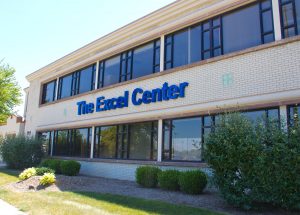
City-County Council to vote on rezoning for charter school in Washington Township as opposition grows
The school, operated by Paramount Schools of Excellence, is projecting an enrollment of 125 students in grades K-6 in the first year. The projection increased to nearly 300 students in grades K-8 by 2028-29.














